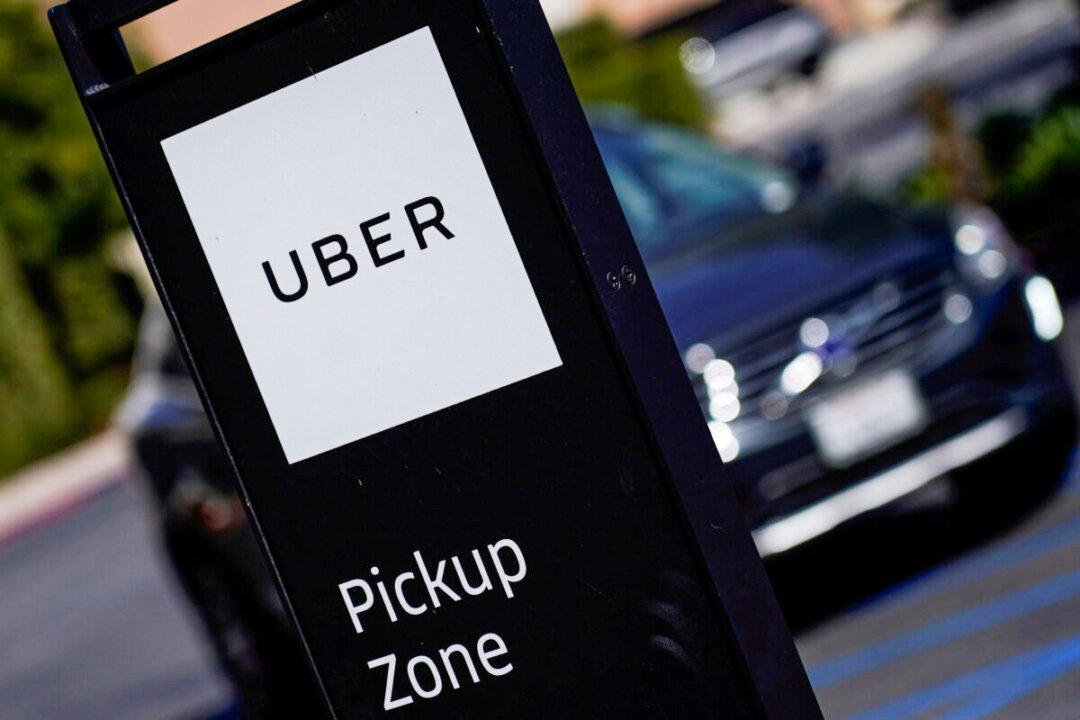Uber reported losses of nearly $6 billion for the first three months of the year, driven by its investments in other companies, the ride-sharing company announced on Wednesday.
The California-headquartered company reported a first-quarter net loss of $5.9 billion, or $3.04 a share, compared with a loss of $108 million, or 6 cents a share, during the same period a year ago.




